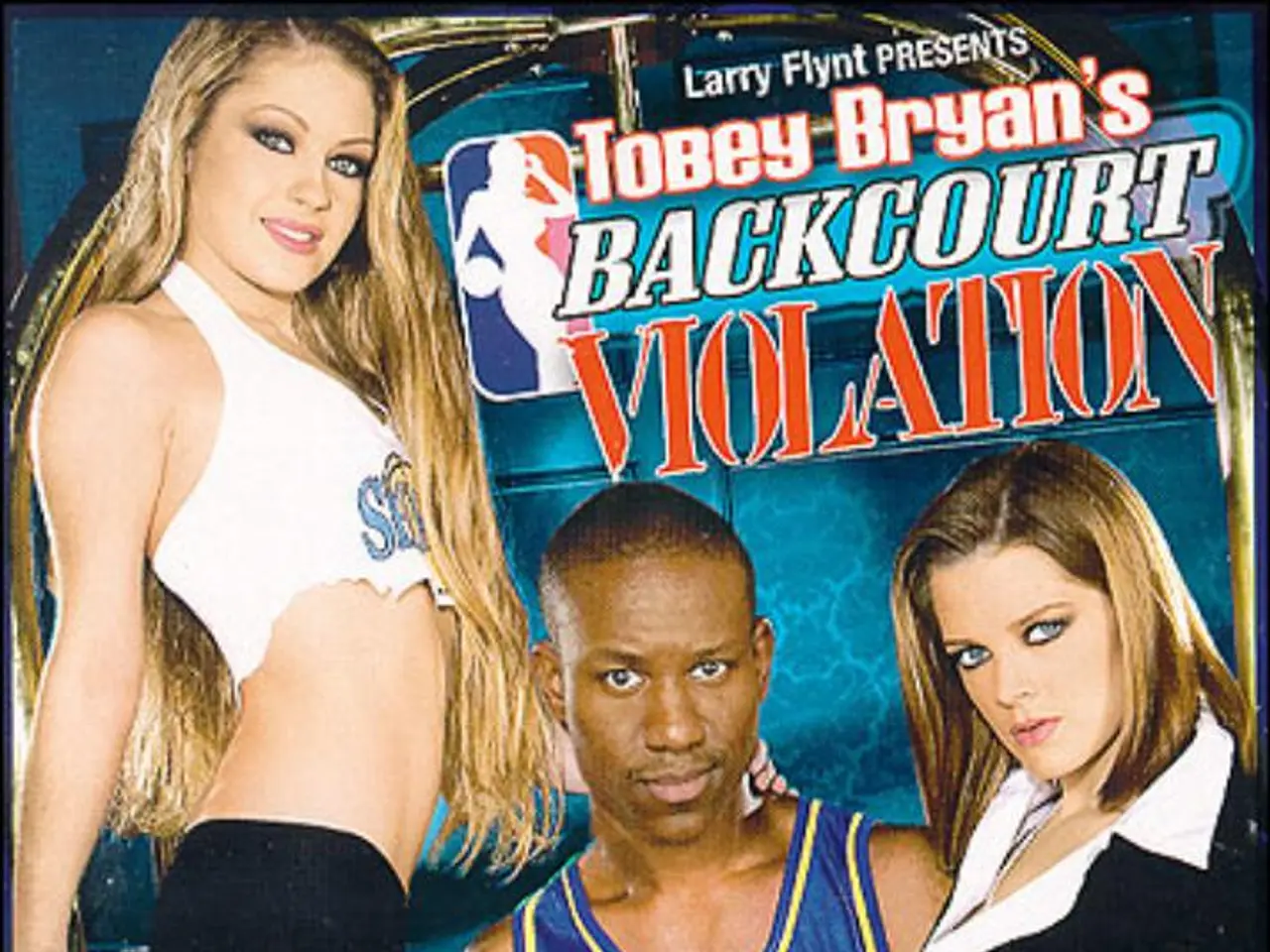After-work drink discounts outlawed in 7 U.S. states despite the pleasure they bring
In the United States, only a handful of states impose restrictions on happy hours, with North Carolina, Rhode Island, Massachusetts, Alaska, Utah, and Oklahoma being among them.
The ban on happy hours in North Carolina, home of the Carolina Panthers and Canes, was enacted in 1985, and it prohibits the sale of alcoholic beverages at a discounted price during specific hours. Unlike in Rhode Island, North Carolina does not allow for daily specials or fixed-price drinks available all day. Instead, drinks in North Carolina must be sold at one price for a full business day.
Rhode Island's ban on happy hours, which also originated in 1985, is slightly more lenient. While Rhode Island does not allow for time-limited drink discounts, it does permit daily specials and fixed-price drinks as long as they are available throughout the day.
Across the country in Massachusetts, Alaska, and Utah, happy hours are entirely banned. The ban in Massachusetts is rooted in a tragic drunk-driving crash that occurred in 1984. In Alaska, the law prohibits the sale of alcohol for less than the regular price, while Utah outlaws the sale of alcohol at any price that encourages overconsumption or intoxication.
In Oklahoma, the rules are similar to those in North Carolina, with bars not allowed to sell free or below-cost drinks. However, specials must remain at least 6% above cost.
The ban on happy hours in some states has sparked discussions about its impact on casual connections and networking opportunities for workers. Steve Mehr, a commentator on alcohol policies, refers to these bans as 'blunt instruments' that shift, rather than solve, the problem of excessive drinking before driving. Mehr advocates for accountability, stronger enforcement, better education, and creating a culture where friends don't let friends drive impaired as more effective solutions.
Lindiwe Davis, a New York doctor, is encouraging a 'dry revolution' and quitting alcohol herself. Davis suggests that managers in states with happy hour bans should create social spaces like coffee meetups or team lunches to foster connections among employees.
Andrea Margolis, a lifestyle writer for Digital and Fox Business, has also weighed in on the topic. Margolis believes that while happy hour bans may have good intentions, they do not necessarily address the root causes of excessive drinking and driving.
In Vermont, establishments can only reduce drink prices for an entire day, not for a limited time. This means that while the state does not have a traditional happy hour ban, it does limit the ability to offer time-limited drink discounts.
As the debate around happy hour bans continues, it is clear that each state has its own unique approach to addressing the issue of excessive drinking before driving. Whether through traditional happy hour bans or more lenient restrictions, the focus remains on creating a safer environment for all.
Read also:
- Connection Between ADHD and Trauma?
- West Nile Virus detected in Kentucky for the first time; authorities advise locals to adopt safety measures
- "Living at such a rapid pace and taking on so many responsibilities may be beyond our natural limits"
- Enhancing Key Practices: Emphasizing Women's Physical Well-being and Intelligence





